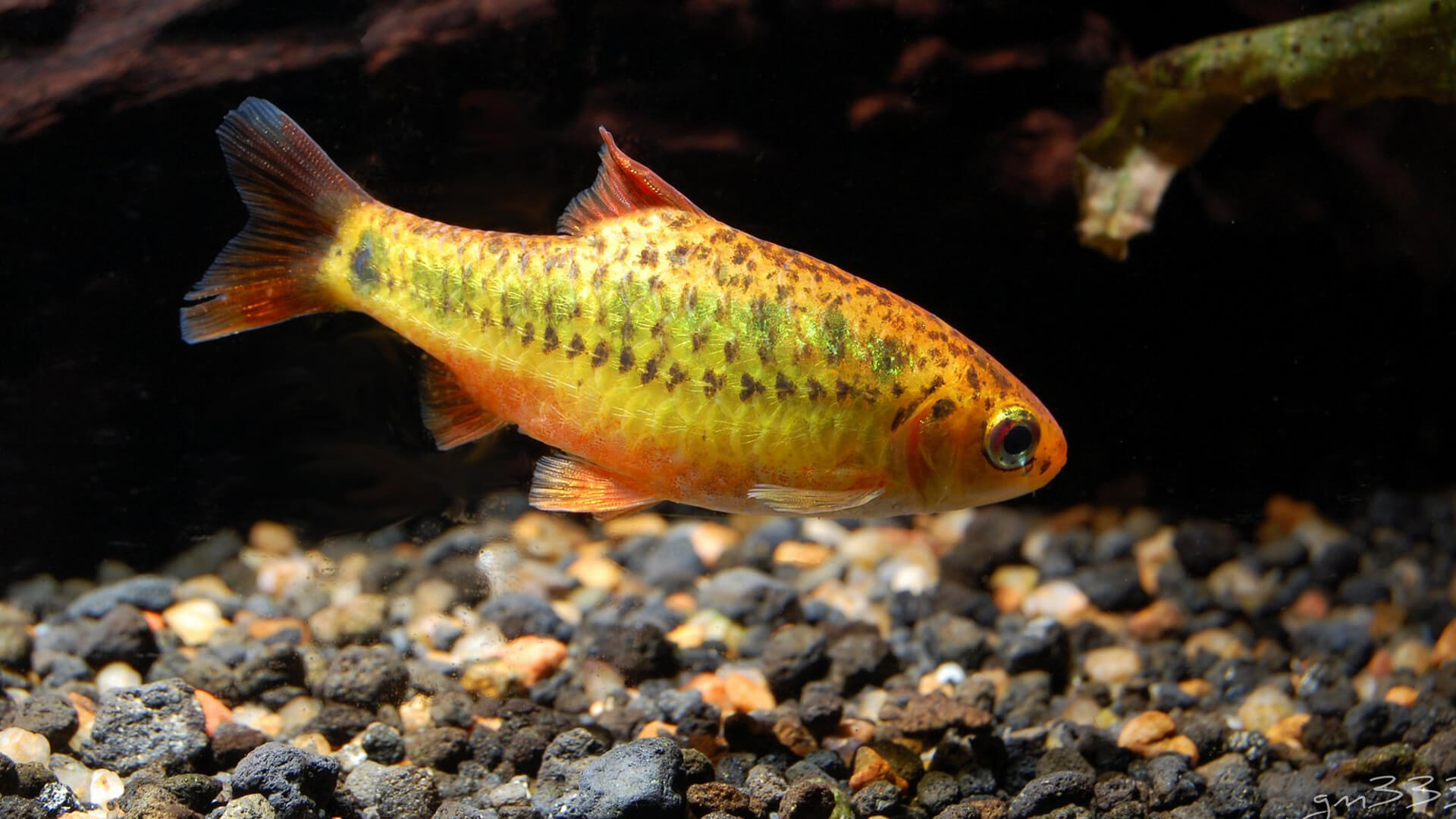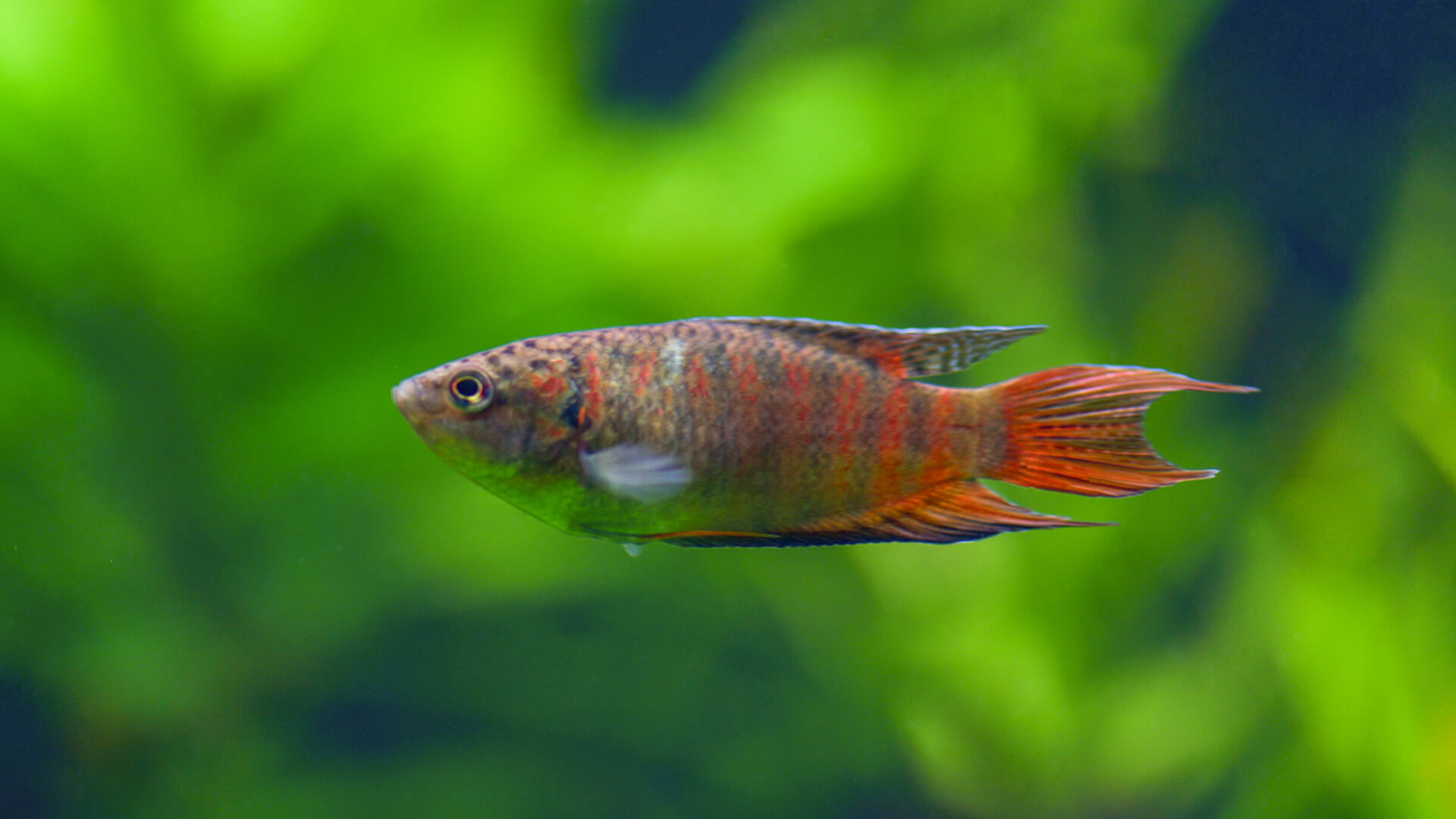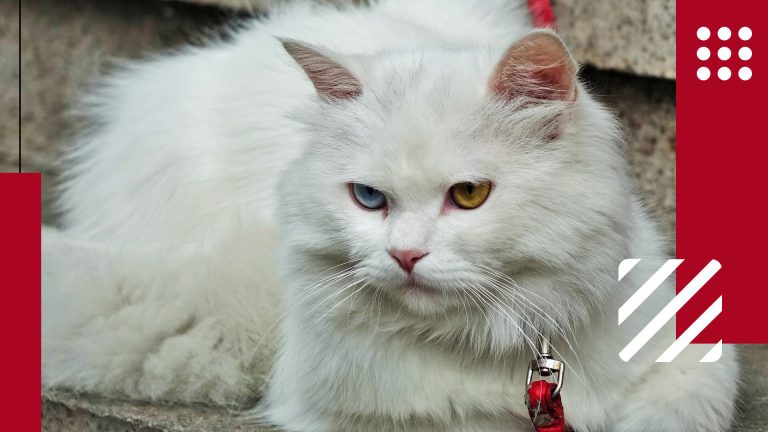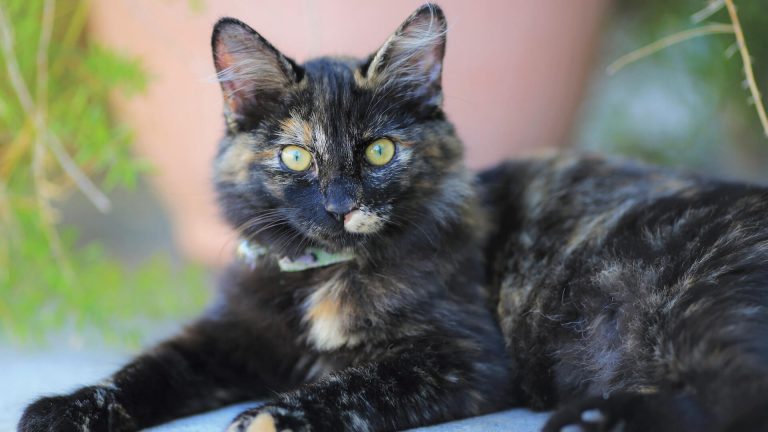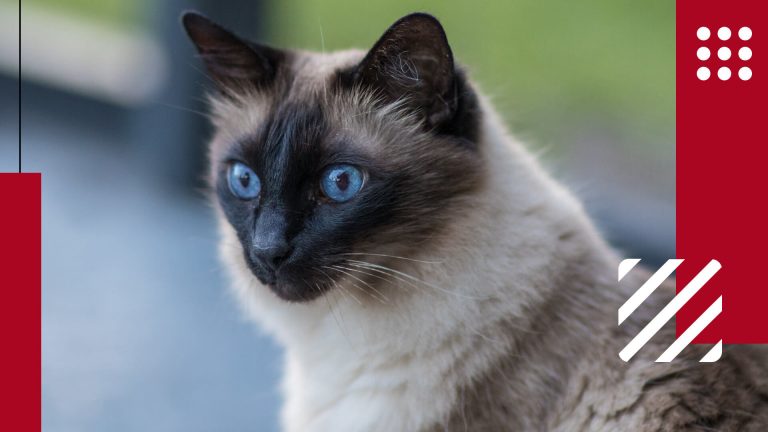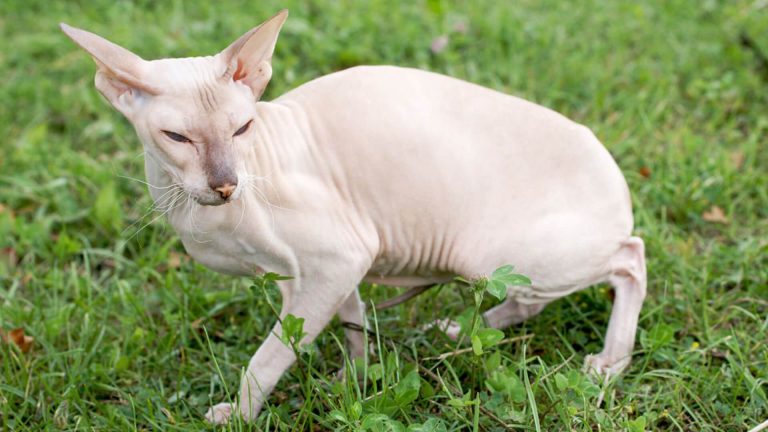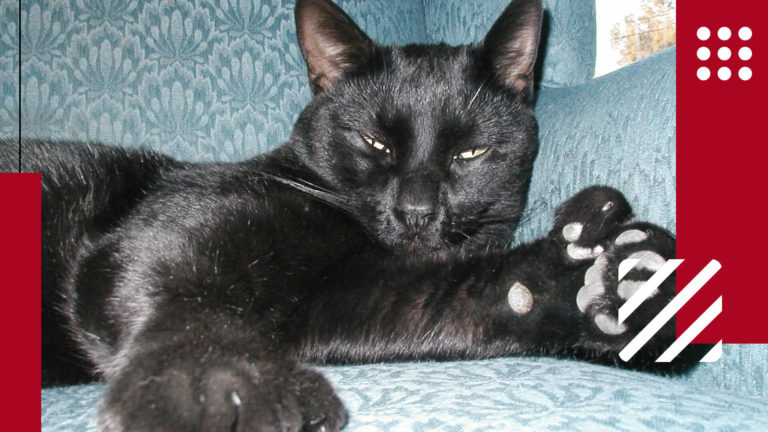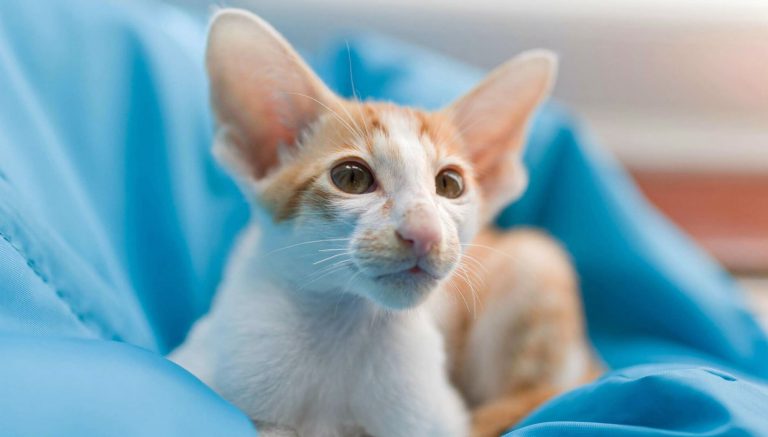Sphynx cats, also known as hairless cats, are a unique breed that has gained popularity in recent years. Despite their lack of fur, they have a striking appearance with their wrinkled skin and large ears, making them a popular choice among cat enthusiasts. Sphynx cats are also known for their affectionate personalities, making them great companions for those seeking a loving and playful pet. In this article, we will delve into the world of Sphynx cats, examining their diet, personality, appearance, health risks, and grooming requirements. Whether you're considering getting a Sphynx cat or simply curious about these fascinating felines, this guide will provide valuable insights into the world of hairless cats.
Distinctive Features of Sphynx Cat
| Scientific name | Felis catus |
| Lifespan | 8-14 years |
| Color | Can come in a variety of colors and patterns |
| Size (inches) | 8-10 inches at the shoulder |
| Height | 8-10 inches |
| Weight | 6-12 pounds |
| Health risk | Moderate; can be prone to certain health issues such as hypertrophic cardiomyopathy |
| Unique trait | Hairless body and wrinkled skin |
| Famous for | Their unique appearance and affectionate personality |
| Temperament | Generally social and affectionate |
| Maintenance | High; require regular grooming and attention to skin care |
| Adaptability | High; can adapt to different living environments |
| Behavior | Generally good with children |
| Personality | Active, playful, and social |
| Social | Generally social and thrive on human interaction |
Sphynx cats are known for their unique appearance, as they are hairless or have very short, fine hair. They have large ears, prominent cheekbones, and a wedge-shaped head. Their skin is warm to the touch and has wrinkles, especially around the face and neck. Sphynx cats have a muscular and athletic build, with a long, sturdy tail. They come in a variety of colors and patterns, including white, black, tabby, tortoiseshell, and more. They have a distinctive personality as well, being active, playful, and affectionate towards their owners.
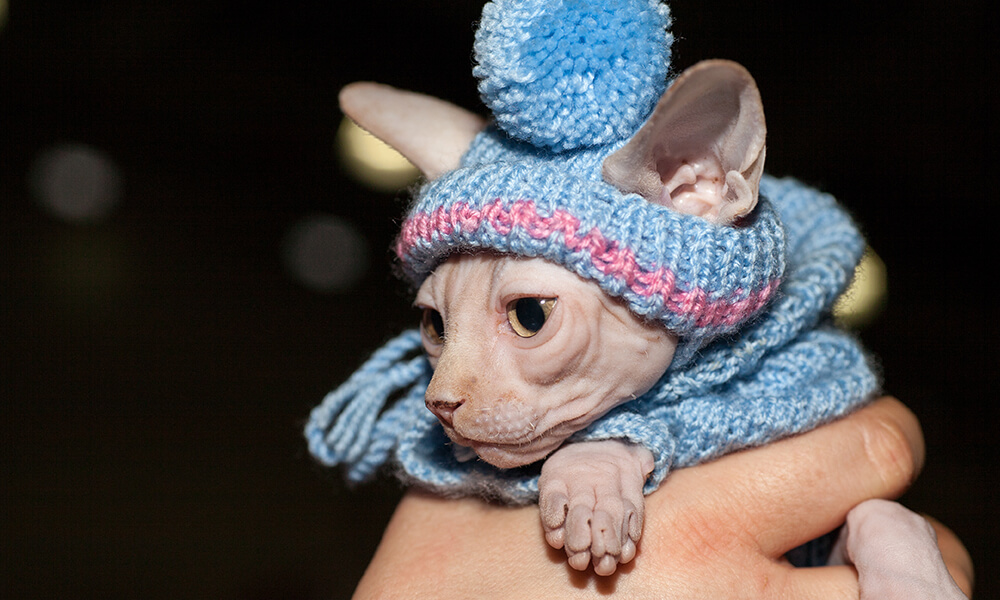
Do Sphynx Cats Make Good Pets?
Sphynx cats are very loving and friendly. They will welcome you at the door. As they are easy-going there is no safety issue if children, dogs, and other cats live with them. The Sphynx cat loves companionship and attention. So do not leave them alone. Below the wrinkled exterior, it lives a very lovable, inquisitive, energetic, and good-natured life. The owner feels entertained by them because of their playful nature.
Sphynx cat loves to be cuddled as well as sit in the lap. They adore meeting people. If attention is denied to them, they either get angry or cry or destroy things in their surroundings. Playful at chase games, a good jumper and reach out at high places. Sphynx cat is highly intelligent and learns tricks rapidly.
These inquisitive cats have monkey tendencies. They open boxes, cabinets, and like to steal items that catch their fancy. Once the novelty of owning a cat wears away the owner may feel frustrated by these habits. Sphynx cat can be compared with a human two-year-old who does not grow up.
The problem with pet Sphynx cats erupts as they require more care due to their hairless body. They require regular grooming and constant companionship. The owner must be an affectionate one. The Pet owner should not leave the cat for a long duration else it can get depressed. The owners should be prepared for the high maintenance of these cats. This special need must be looked after. If care is improper the body gets covered by brittle debris of oil, perspiration, and split skin.
How to Take Care of Pet Sphynx Cat?
Taking care of a Sphynx cat requires some extra effort due to their unique appearance and lack of fur. Here are some tips on how to take care of your pet Sphynx cat:
Know What to Feed Pet Sphynx Cat
Sphynx cat has active metabolism so requires more food. Eating regulates body temperature and keeps them warm. These cats are more likely to give out smells compared to other cats. Ensure sphynx cat eats nutritious food in every meal. Serve bowl full of clean water frequently. Caring for a sphynx cat should include a proper diet. It is so because the type of diet served will influence the amount of oil the skin makes. A better nutritious diet, less oil production. Oil collection happens quickly and can cause skin problems, infection, and ear wax. Sphynx cat leaves behind oil stains in places like sheets, cushions, etc they use frequently.
The owner must be careful what type of diet is served to the sphynx cat. Balanced raw food is suitable to prevent food intolerance. The poop stinks are reduced, and skin problems are less. One cat can eat ½ pound of raw food on a daily basis. The food bill is high.
Bathing and Grooming Pet Sphynx Cat
Bathing and grooming a Sphynx cat requires special attention due to their lack of fur. Here are some tips to keep your pet Sphynx cat clean and healthy:
- Bathing: Sphynx cats need to be bathed regularly to remove oil and dirt that accumulates on their skin. You can use a gentle cat shampoo and lukewarm water to bathe them. Make sure to rinse them thoroughly to avoid any shampoo residue left on their skin. You can also use a washcloth to clean their face and ears. After bathing, pat them dry with a towel.
- Ear cleaning: Sphynx cats are prone to earwax buildup, so it's essential to clean their ears regularly. Use a cotton ball or a soft cloth with a vet-approved ear cleaning solution to clean their ears gently. Avoid using cotton swabs, as they can damage their ears.
- Nail trimming: Trim your Sphynx cat's nails regularly to prevent them from scratching and damaging your furniture or hurting themselves. You can use cat nail clippers to cut their nails, but be careful not to cut their quick, which is a blood vessel that runs inside the nail.
- Skin care: Sphynx cats have sensitive skin and can easily get sunburned or irritated. You can apply a pet-safe sunscreen to protect their skin if they go outside. You can also use a moisturizer or a special Sphynx cat skin lotion to keep their skin hydrated and healthy.
Keeping Sphynx Cat Warm in Cold Weather
The sphynx cat needs to be kept warm as they do not have fur. A heater in a cold climate, pre-warm beds or bed with pillows and a snuggly blanket, microwavable heating pad, or plenty of sun will suffice. Not all Sphynx cats like to be dressed in warm clothing. There are individual differences in the reaction to dressing. Some of the cats get confused and unhappy when dressed. They can trip and fall as well.
A long time under the sun may get them sunburn. Sphynx cat gets cold quickly and sunburn happens with ease. Use woolens for the sphynx cat in peak winters and keep it indoors away from the strong sun in summers. Sun exposure should be limited. This will keep them healthy. The grooming needs of the sphynx cat is high.
What People Are Reading:
Health Issues of Sphynx Cat
Sphynx cat is expensive to purchase. The legal contract, as well as medical records, must be up to date. In the eventuality of the cat falling sick, the treatment is expensive. The owner may need to take out health insurance. There are fundraisers specifically for sick sphynx cats.
The health issues in Sphynx cats are many. Preventive check-up costs a huge sum and specialist supervision. They may suffer from hypertrophic cardiomyopathy as they age. Screen the cat for it regularly. Other health issues include food allergies, skin ailments feline hyperesthesia. etc. The cats are prone to ear infections. Owners must alert and constantly clean ears and remove wax. The paws gather grime in between toes. If not removed leads to infection. This cleaning must be done twice a week. Dental cleaning must be regular. The chances of dental extraction cannot be ruled out. This procedure is expensive. Human allergies are secondary to the allergies on cat skin.
Once the Sphynx cat is brought home as a pet, find out a good veterinary doctor with experience in cat diseases. It will help in the right diagnosis. Sphynx cats should be vaccinated and given health check-ups to safeguard them from diseases. Vaccination for viral and bacterial infections like calicivirus, panleukopenia, Rabies, leukemia, and rhinotracheitis can be administered to the cat. Core vaccines should be given by the vet.
Fleas ticks can manifest on the skin and ears of the cat. Unclean water-contaminated soil can lead to hookworms, heartworms, roundworms, whipworms in the system. These conditions are very painful and can even lead to the death of the cat. Humans may also get infected by parasites.
Frequently Asked Questions About Pet Sphynx Cat
Some of the generally asked questions are answered below:
Is it legal to buy Sphynx cat?
Sphynx cat is expensive to purchase. The legal contract, as well as medical records, must be up to date. In the eventuality of the cat falling sick, the treatment is expensive. The owner may need to take out health insurance. There are fundraisers specifically for sick sphynx cats.
Are Sphynx cats hypoallergenic?
While Sphynx cats are often considered hypoallergenic, they can still produce allergens that may cause an allergic reaction in some people. It is best to spend time with a Sphynx cat before adopting to determine if you have an allergy.
How do you take care of a Sphynx cat's skin?
Sphynx cats require regular skin care to maintain their health. They should be bathed once a week using a gentle, hypoallergenic shampoo. Their skin should be moisturized with a special lotion or oil designed for Sphynx cats.
Do Sphynx cats get along with other pets?
Sphynx cats are known for their friendly and sociable nature and can get along well with other pets, including dogs and other cats. However, it is important to introduce them slowly and supervise their interactions.
Are Sphynx cats good with children?
Sphynx cats are generally good with children and make great family pets. However, like all cats, they should be supervised around young children to ensure that they are treated gently and with respect.

